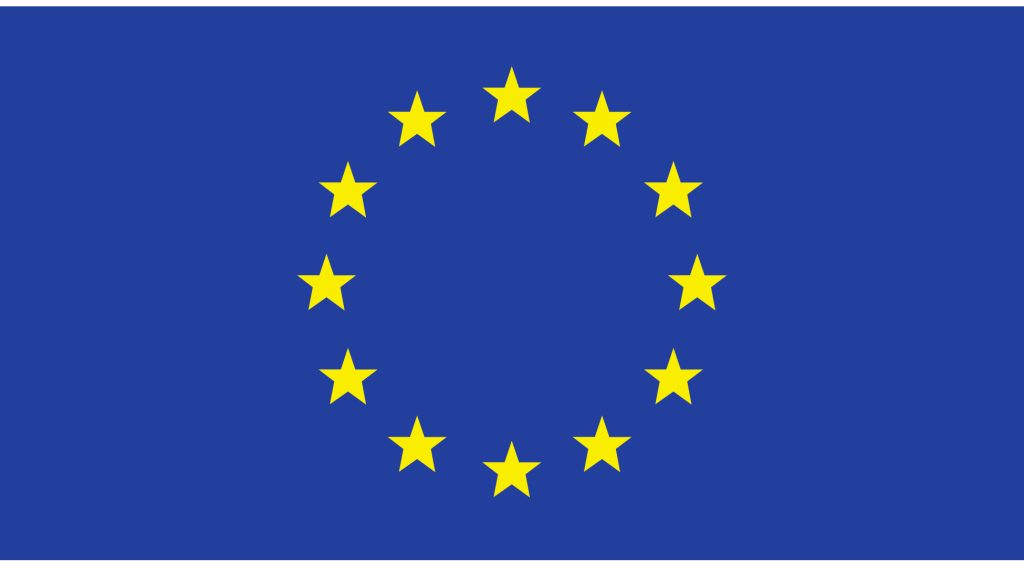The European Union is strategically considering the reintroduction of international carbon credits to complement its ambitious target of a 90% net reduction in greenhouse gas emissions by 2040. Beginning in 2036, the EU proposes allowing up to 3% of 1990 baseline emissions to be offset via credits sourced under Article 6 of the Paris Agreement. This approach offers European industries more cost-effective compliance pathways while enabling the EU to maintain competitiveness and climate leadership.
However, the business case for international carbon credits hinges on robust frameworks ensuring:
Environmental Integrity: Only high-quality, verifiable credits with real, additional emissions reductions should be accepted. Risk management tools—such as third-party ratings and insurance—can secure credit reliability and prevent reputational damage.
Benefit Sharing: Credit procurement must ensure transparent, equitable benefits to local stakeholders in host countries, supporting both global mitigation and positive social impact, while engaging European technology providers to capture domestic value.
Paris Agreement Alignment: Credits should only represent mitigation beyond host country commitments to avoid double counting and maximize net global benefit.
Recommendation:
For optimal impact and stakeholder confidence, EU policymakers should adopt a phased, principle-led implementation strategy:
Enshrine clear, high-level principles in initial legislation while deferring detailed operational rules to a consultative, multi-year process that actively involves private sector and Global South partners.
Allow flexibility in eligible project types—balancing engineered removals with high-impact nature-based solutions—to ensure market liquidity, cost effectiveness, and diverse climate solutions.
Require transparent reporting at both project and portfolio levels to demonstrate actual environmental and social outcomes, building confidence among regulators, industry, and the public.
Position European companies as solution providers in the international carbon market, capturing strategic economic and reputational benefits.
In summary, by coupling strict oversight with strategic business engagement, the EU can achieve credible, cost-efficient emissions reductions while setting a global standard for responsible climate market participation.
This article draws on a paper originally published by the World Economic Forum (WEF). You can access the original research here.












